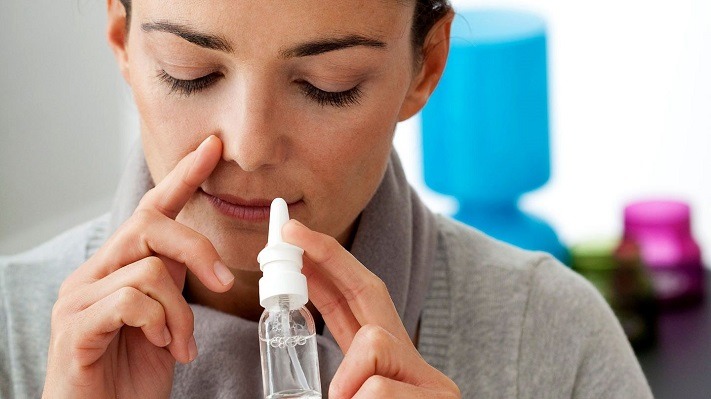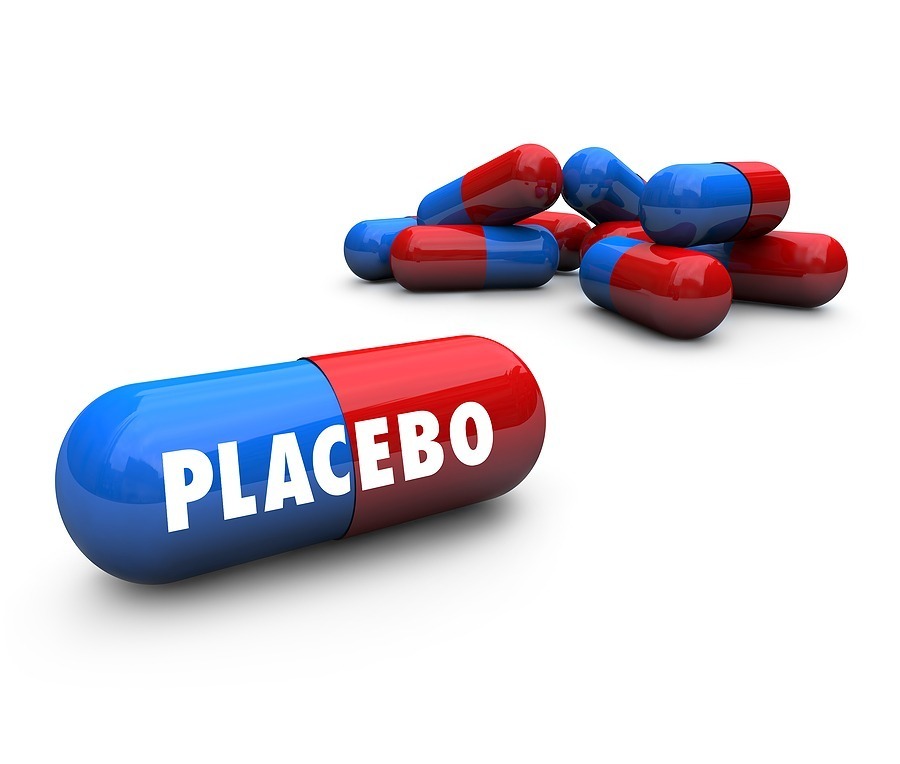Posts Tagged ‘Placebo-Effect’
Update: The placebo effect works even when people know they are taking a placebo
Welcome to a new edition of SharpBrains’ e‑newsletter, featuring 14 research findings, resources and tips for brain health … and starting with this fascinating study: #1. Wow. The placebo effect works even when people know they are taking a placebo #2. Beating Alzheimer’s Disease will require a combined physical/ mental approach: From the ten factors found…
Read MoreStudy: The placebo effect works even when people know they are taking a placebo
Placebos Prove Powerful, Even When People Know They’re Taking One, New Study Suggests (MSU release): How much of a treatment is mind over matter? It is well documented that people often feel better after taking a treatment without active ingredients simply because they believe it’s real — known as the placebo effect. A team of…
Read MoreStudy: Cognitive Behavioral Therapy helps treat depression–especially among women–but benefits are declining steadily
. Researchers have found that CBT is roughly half as effective in treating depression as it used to be (The Guardian): “Everybody loves cognitive behavioural therapy. It’s the no-nonsense, quick and relatively cheap approach to mental suffering…So it was unsettling to learn, from a paper in the journal Psychological Bulletin, that it seems to be…
Read MoreResearch: Could studying the placebo effect change the way we think about medicine?
Placebo interventions are often claimed to substantially improve patient-reported and observer-reported outcomes in many clinical conditions, but most reports on effects of placebos are based on studies that have not randomised patients to placebo or no treatment.
Read MoreMysteries of Brain and Mind
Several recent NYT articles focus on several fascinating frontiers of brain science. We know much more about brain and mind than only 20 years ago, yet exponentially less than 20 years from now. A few worthy explorations on mindfulness, perceptual capacities, and the power of placebo:
Read MoreMind Hacks and the Placebo Effect
In the ETech panel a few days ago, we discussed some futuristic and some emerging ways in which we can “hack our minds”, mostly from a technology point of view. Neither myself nor the other panelists thought of suggesting the most obvious and inexpensive method, proven in thousands of research studies. The secret compound?: Belief. Also…
Read More


